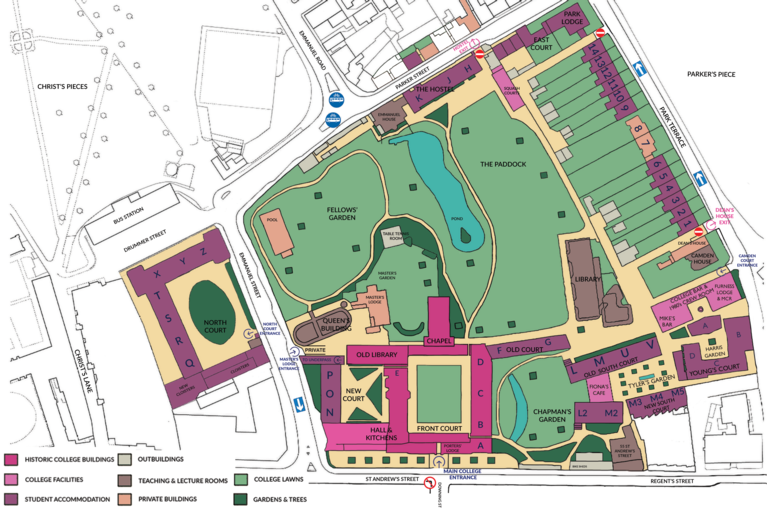John Harvard (1607 - 1638)

Bequeathed funds that led to the foundation of the University that bears his name
The name of John Harvard is more widely known than that of almost any other Emmanuel graduate; yet of the man himself we know little. Neither is there any contemporary portrait of him. The stained glass window put up in the Chapel in 1884 is but an 'ikon', for which the artist was instructed to follow the portrait of John Milton and make the hair a little longer. His father, Robert, was a butcher in Southwark; his mother Katharine Rogers came from Stratford-on-Avon, where her parents' house is now a Harvard memorial. John lost his father and four brothers and sisters by the plague, in 1625, and it was only at the comparatively late age of twenty that he was admitted to Emmanuel, on 19 December 1627. He took his B.A. and M.A. in 1632 and 1635, married in 1636, and in June or July 1637 emigrated to New England, where he ministered in the church at Charlestown, though it is not known whether he was ever episcopally ordained.
Harvard was only one of a number of Cambridge graduates (well over a third of them were from Emmanuel) who sailed to the new colony on Massachusetts Bay in the 1630s, seeking there a new society and a freer climate for their Puritan views. With the advancement of the high church William Laud to the bishopric of London in 1628, and still more after he became Archbishop of Canterbury in 1633, Puritan clergy had found themselves more and more hampered and persecuted. The colony itself dated only from 1630; but from the first it was organised by dedicated men, with an eye to the future in this world as well as the next. The two aims coincided in the decision, as early as 1636, to found a college there. In the following year the site was fixed at Newtown, where an Emmanuel graduate, Thomas Shepard, was the first minister of the church. He became an overseer of the college until his death in 1649, and it was in deference to him that Newtown was renamed Cambridge.
Harvard was not, then, the founder of the college, as he is called on the memorial statue there. But on his early death in 1638 he bequeathed to it his library of some four hundred volumes, and half of his estate, which was valued in gross at about £1700. It sounds little against modern values, but it set the infant college on its feet, and the grateful community decreed that it should forever bear his name. Thomas Shepard summed up what it matters to know of him: 'The man was a Scholler in his life and enlarged toward the country and the good of it in life and death.'

